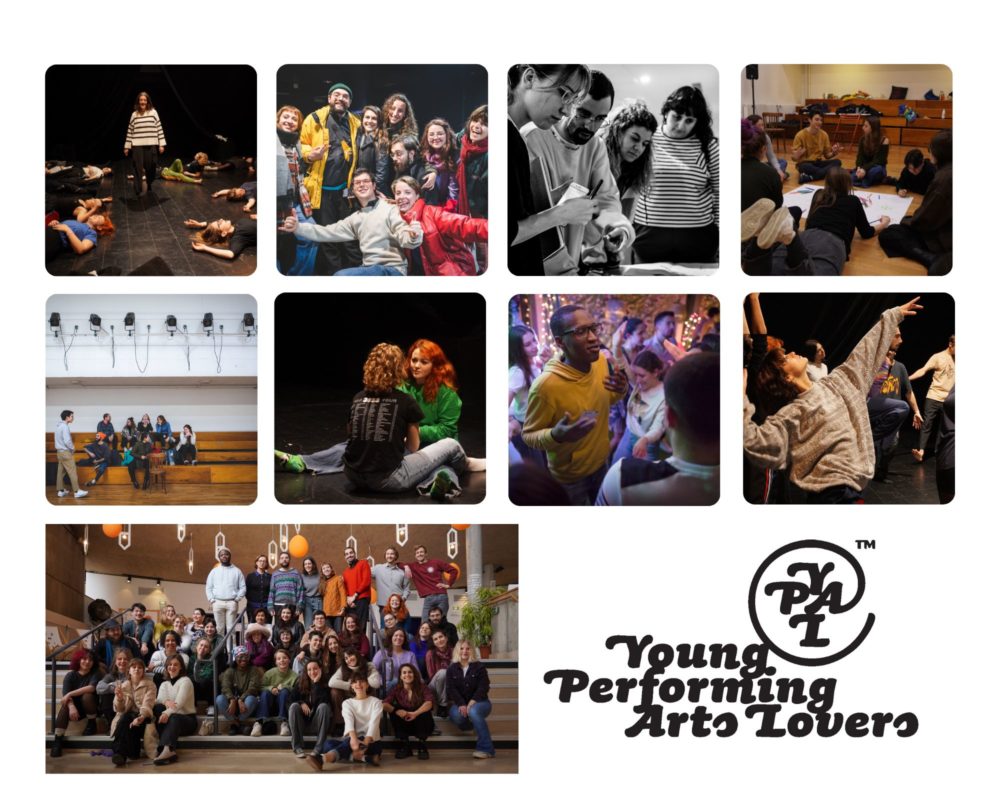In Denmark little thought is given to African history, both contemporary and old. As a Danish student I was never expected to, tested in, or confronted with any history south of Italy. The atrocities that found their ways into our syllabus all took place on European soil. We learned about the mass hunt for witches through medieval times, the persecution of Protestants by Catholics, and the systematic execution of Jews during the Holocaust. And when we were presented with African history, they were snapshots and glimpses of colonialism through a European perspective. Aware of this blind spot in my education, I signed up to see – or rather listen to – Hate Radio, a
powerful reconstruction of the programs broadcast by Radio Mille Collines which played a central role in the atrocity that was the Rwandan genocide in 1994, at Le Comédie during the Faraway festival.
Walking into the amphitheater, I quickly realized that Hate Radio would be a different kind of theatre experience; on the seats were a radio and a headset. On stage was a large, square box fitted with screens on the sides. As soon as we’d tuned in to the radio, these screens started broadcasting. From them four individuals each told their heartbreaking story from the Rwandan genocide. It was captivating in a bewildering way. What they were describing seemed so inhumane, so brutal that the immediate impulse was to reject their stories as unbelievable. But then the screens went up and a recording studio appeared. We had been transported to the center of the unbelievable. Our headphones were now tuned into a recording studio in Kigali in 1994. It was no regular broadcast, however. Three hosts called for murder, persecution, and torture of Tutsis, and they did so in the most lighthearted manner. Intoxicated by the most appalling form of bloodrush, the broadcasters switched from calling for the decapitation of a listener’s neighbor to dancing to their favorite pop tune within mere seconds. I couldn’t believe what was unravelling before me. We were witnesses to a genocide through the mouthpiece of hate that was the Radio Mille Collines in 1994.
“How could this happen?” “How are humans capable of such evil acts?” “Can you even forgive such cruelty?” “Why did no one stop it?” The scenes that were unfolding before me provoked many questions. “Could any of this could happen back home?” I thought to myself. Of course, it could. It had happened during the Holocaust. It was the all too familiar story of a minority persecuted because of minority hate and authoritarianism. But this time it was not in a history book: it was in my ears, in front of my eyes, and happening in real-time. Hate Radio had given me a front-row ticket to the banality of evil.
When the broadcast stopped, I remained in my chair. I had travelled thirty years into the past for two hours and needed a few minutes to gather my thoughts. Then, when leaving the amphitheater, I felt grateful for living in a country where democratic institutions remain strong, hate crimes are punished, and multiculturalism cherished. But I left a little more wary too, a little more aware that. if not cared for, these pillars of society can come rumbling down over a summer.
